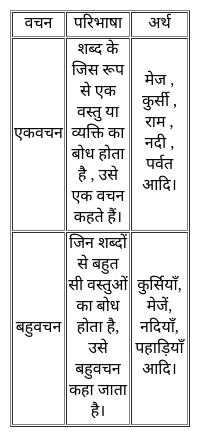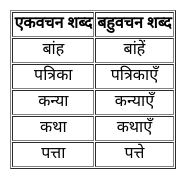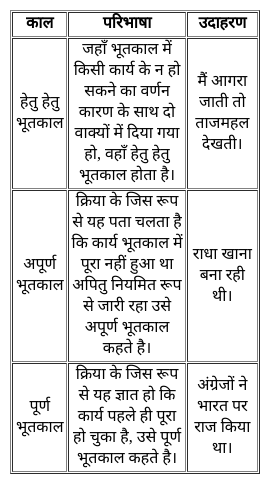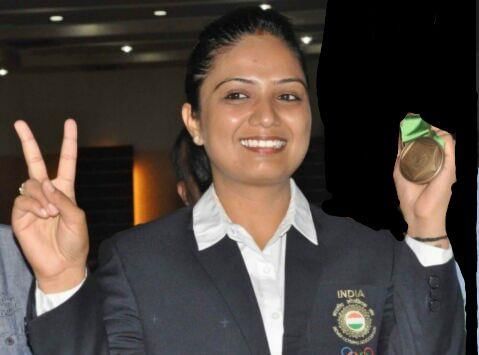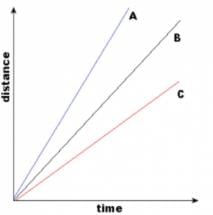HTET TGT Science Mock Test - 9 - HTET MCQ
30 Questions MCQ Test - HTET TGT Science Mock Test - 9
Consider yourself as an English teacher. You find that certain students in your class are poor in English language and commit mistakes in language comprehensive-type questions. What will you do improve the performance of the students in language comprehension?
What teaching method would you apply to teach the topic 'water pollution' to the students?
Which of the following is not helpful in development of creativity in children?
A teacher, after preparing a question paper, checks whether the questions test specific testing objectives. He is concerned primarily about the questions papers:
School based continuous and comprehensive evaluation is useful for students to
निम्नलिखित प्रश्न में, चार विकल्पों में से, उस विकल्प का चयन करें जो दिए गए शब्द के बहुवचन रूप का सबसे अच्छा विकल्प है।
अध्यापिका
Directions: In each of the following questions, a sentence has been given in Active (or Passive) Voice. Out of the four alternatives suggested, select the one that best expresses the same sentence in Passive/ Active Voice.
A lion may be helped even by a little mouse.
Find out the Synonym of the following word:
QUARANTINE
Direction: Choose the option closest in meaning to the OPPOSITE of the word given in capitals.
ENGENDER
While working with 75% of its efficiency a pipe can fill a tank in 80 minutes. In how many minutes can the pipe fill the tank while working with 100% efficiency?
The average of 8 numbers 12, 19, 23, 7, ‘x’, 9, 26 and 13 is 16. What is the value of ‘x’?
6 persons are sitting in a car. The average weight of all six persons is 72 kg and the average weight of the car and all six persons is 180 kg. What is the weight of the car?
In a school 30% of the students play football and 50% of students play cricket. If 40% of the students play neither football nor cricket, what percentage of total students play both the games?
A concave lens of 20 cm focal length forms an image 15 cm from the lens. What is the object distance ?
It is necessary to separate oxygenated blood from the deoxygenated blood in mammals
Rate of energy transferred if a current of 0.5 A passes through a bulb connected across a battery of 6 V for 20 s is
The formation of water from oxygen and hydrogen is a _______ .
A ball is thrown vertically upwards. Its velocity keeps on decreasing. What happens to its kinetic energy when its reaches the maximum height?
For a body performing motion with uniform speed, the distance-time graph is:
When a mirror is rotated through an angle θ, the reflected ray from it turns through an angle of



